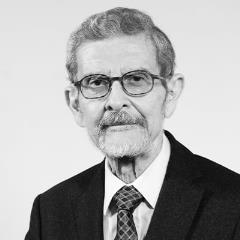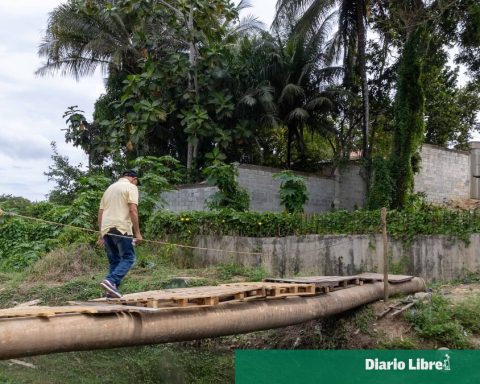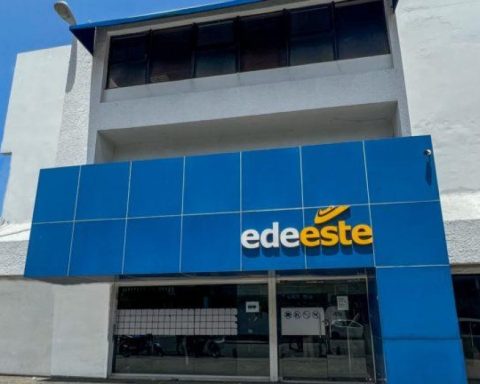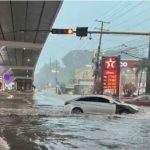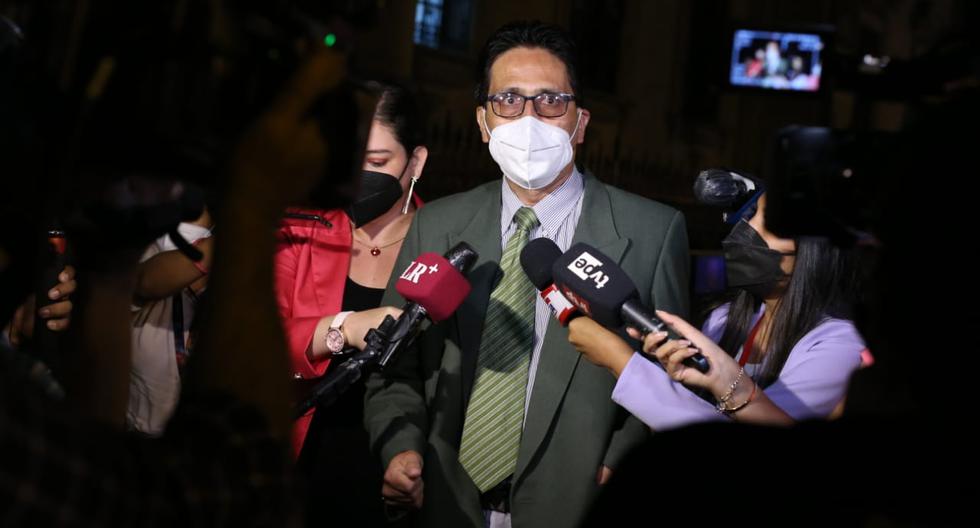More and more specialists add their voices to the prediction that the pandemic is nearing its end. In this regard, the variant omicron It has been a great help. Being highly transmissible but less lethal, it has brought us closer to the long-awaited goal of achieving herd immunity. If we imagine a combat Come in omicron and another new variant, where we were spectators in a stadium, we would probably be firmly on the side of omicron, cheering his offensives against his adversary.
But his triumph has a dark side. It does not mean that the virus will disappear forever, but that it will stop being a pandemic to become endemic.
The economy it has a lot to do with what happens next.
If for some reason, perhaps climatological or ethnic, the virus had not affected the developed nations of the world, but only the poor countries, perhaps we would still be waiting for a vaccine. The globality of pandemic, however, mobilized resources from research that accelerated the availability of products for prevention and treatment purposes.
When the virus becomes endemic, the economy will intervene to preserve its existence. The reduced severity of symptoms and the availability of medications will guide that economic decision. Eradicating it would be so costly that the most likely decision will be to let it act, and protect ourselves from it with periodic inoculations, just as we do with measles or influenza. That decision, which sounds like music in the ears of the pharmaceutical companies, implies the extension of time in the demand for vaccines, and for medicines for the cases that arise.
We can, in this sense, speak of tolerance levels. Only for some diseases economy admits zero tolerance, usually when mortality is very high and there are no effective treatments, an example of this being Ebola, which from time to time rebounds in West Africa and can spread to other regions of the planet. he
